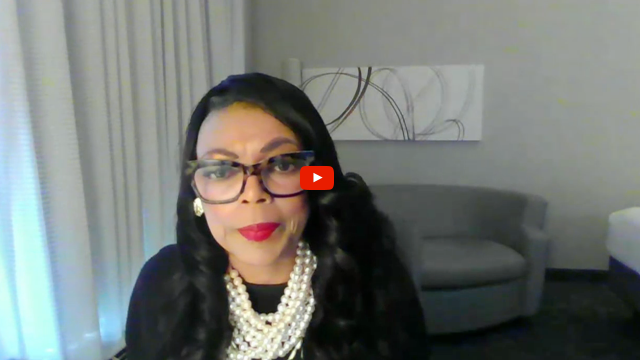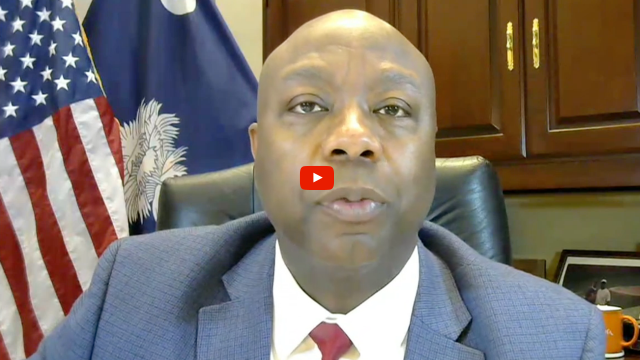Ranking Member Scott, Aging Committee Members Hold Hearing on Senior Housing
WASHINGTON – Today, U.S. Senate Special Committee on Aging Ranking Member Tim Scott (R-S.C.), along with Chairman Bob Casey (D-Pa.), held a hearing titled “Preventing Tragedies and Promoting Safe, Accessible, and Affordable Homes.”
Speaking on the witness panel was Denise Cleveland-Leggett, senior vice president of business development with the Integral Group.
Click to watch Denise Cleveland-Leggett’s testimony
On the decaying infrastructure in public housing … “Seventy billion in backlog repairs still exist in most public housing units. Much of the public infrastructure is more than 80 years old and has been utilized for decades and weathered many years of normal wear and tear with fluctuating levels of funding for maintenance and rehabilitation. Only 20 percent of housing units are accessible to persons who use walkers, canes, and wheelchairs.”
On the number of seniors in public housing … “Some estimates calculate 55 or 53 percent of all of today’s public housing residents are either elderly or disabled. It’s becoming increasingly apparent that our nation’s public housing asset, as fragile as it is, has become one of the nation’s largest senior housing programs catering to the market niche of low-income housing. … This is nothing due to any negative things they did or they didn’t do. There are so many things such as health, loss of job, loss of income, lower income, that allow these circumstances to overtake our seniors. And it is up to us to make a difference.”
Ranking Member Scott questioned Cleveland-Leggett on the benefits of Opportunity Zones and the drawbacks of and burdensome regulation.
Click to watch the senator’s questions for the witness
Sen. Scott: “[T]he American Dream is synonymous with home ownership … Can you talk about the critical role Opportunity Zones can play in expanding access to safe, affordable housing?”
Witness Cleveland-Leggett: “The Opportunity Zones can play an absolutely critical role. When you have the public and private partnerships, when you have private developers at the table, trying to do what they can in order to increase housing, it makes a difference. I have seen it. I have seen housing that has come about through Opportunity Zones, [allowing] people to live in a dignified location [and] manner ….”
Sen. Scott: “Thirty-nine percent of seniors say [that] unaffordable housing is a major problem and a reality, and you can’t have a safe home if you can’t afford a home at all. Can you explain how land-use regulations hurt the poorest and most vulnerable Americans, and what impact reforms like accessory dwelling units can have on vulnerable populations?”
Witness Cleveland-Leggett: “Zoning rules … can have long-term and wide-reaching effects. I’ve seen communities — and particularly when you’re dealing with low-income and even the homeless population — where you have restrictions on the type of dwellings that can go in a particular location. It does not allow certain multi-family housing to come up, which would be beneficial to seniors and, as I’ve said, even the homeless population. … It would behoove us to reach out to our local communities, local decision-makers, to understand what wide-reaching effect their regulations have on the ability of individuals to sustain a life.”
###

